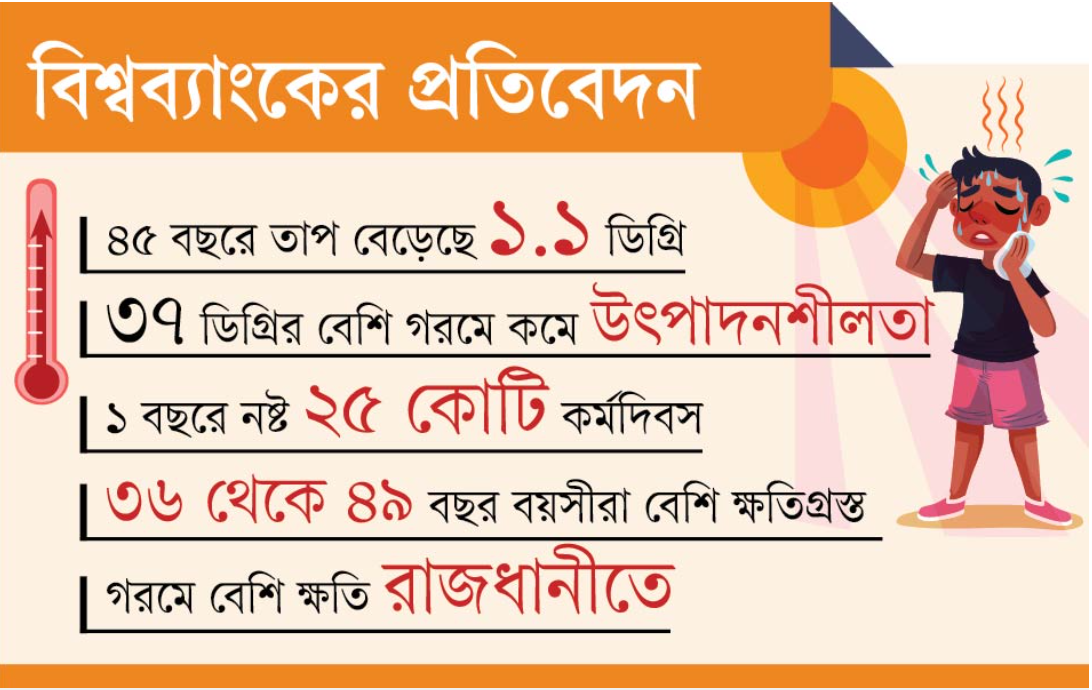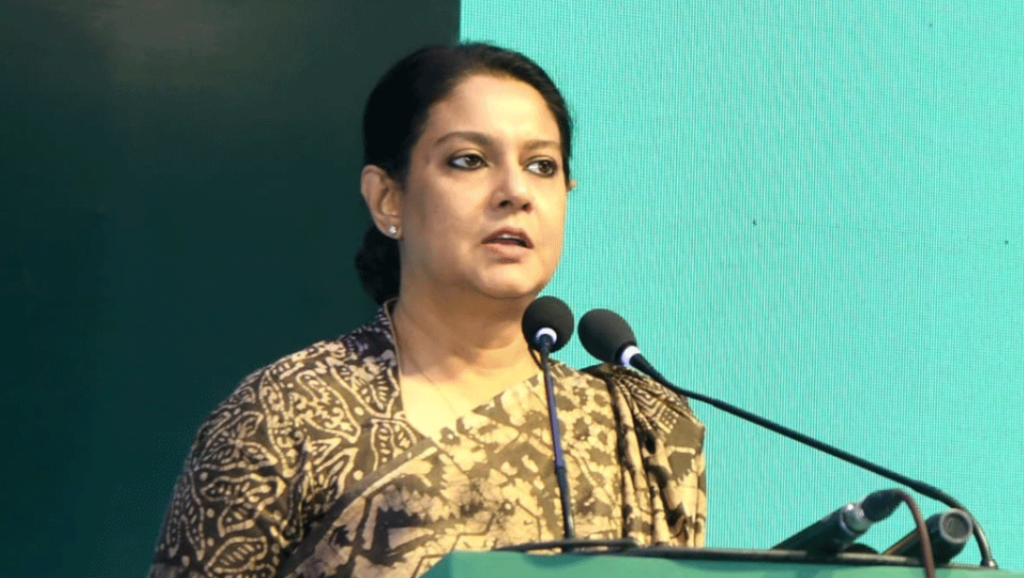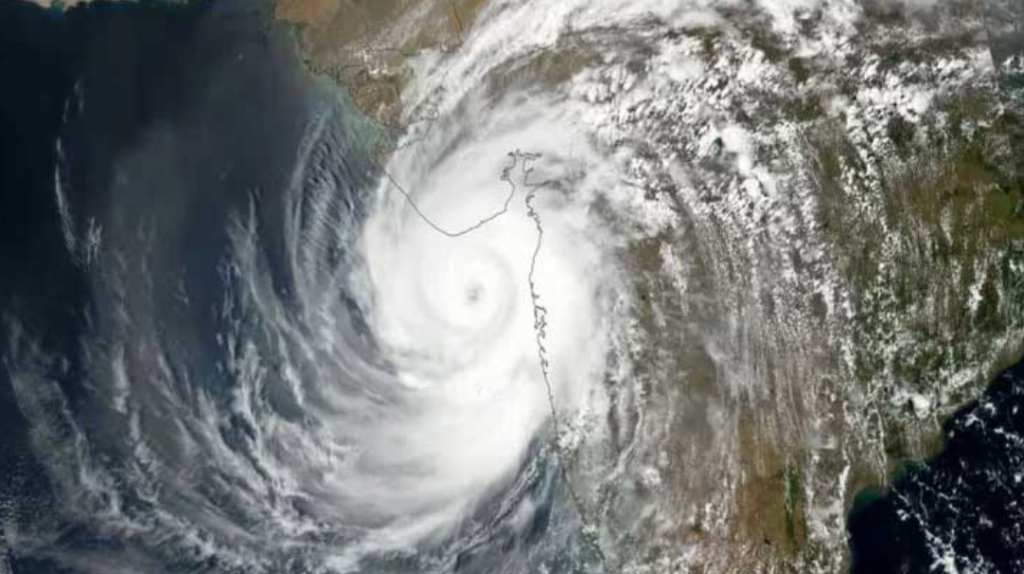Desk Report:
Due to the impact of climate change, air temperatures are gradually increasing in Bangladesh. As well as increasing the health risks of people due to intense heat, it has also become a serious threat to the economy. A World Bank report says that about 250 million working days were lost due to heat-related illnesses in 2024. This has caused a loss of more than Tk 21,000 crore to the country’s economy.
The World Bank released the report titled ‘An Unsustainable Life: The Impact of Heat on Health and the Economy of Bangladesh’ at a function held at a hotel in the capital on Tuesday. Syeda Rizwana Hasan, Advisor to the Ministry of Environment, Forests, Climate Change and Water Resources, was the chief guest. The keynote paper was presented by Iffat Mahmud, Senior Operations Officer of the World Bank, and Womek A. Raja, Senior Health Specialist. Special Assistant Professor Md., Ministry of Health and Family Welfare, Saidur Rahman, Divisional Director for Bangladesh and Bhutan, World Bank; Jean Pesme, Practice Manager, South Asia Health Nutrition and Population Practice; Feng Zhao, Practice Manager, South Asia Health Nutrition and Population Practice, spoke at the event.
Speaking at the event, the Environmental Advisor said, “Rising temperatures are no longer a theoretical issue, but a real experience for every citizen of Bangladesh. Although temperature rise is a global phenomenon, its impact is much more severe in Bangladesh, which is putting our public health and economy at serious risk.”
Syeda Rizwana Hasan said that recommendations should not be limited to research reports but should be translated into time-bound action plans. Each agency should clearly define its own role and national-level stakeholders should take responsibility so that the recommendations become effective actions.
Drawing attention to the relationship between climate resilience and good governance and changes in citizen behavior, Syeda Rizwana Hasan said, “Along with structural reforms, we also need cultural changes. Small steps; such as reducing unnecessary electricity use—can have a big impact. Green cities mean healthy life.’
A World Bank study says that since 1980, the country’s maximum temperature has increased by 1.1 degrees Celsius, and the ‘perceived temperature’ has increased by 4.5 degrees. As a result, physical and mental health risks such as diarrhea, cough, shortness of breath, fatigue and depression are increasing; women in particular suffer more from heat-related illnesses. Diarrhea and chronic cough are twice as common in summer as in winter.
The report states that when temperatures exceed 37 degrees Celsius, worker productivity drops significantly. This results in lost working hours and a major loss to the economy.
According to the World Bank, the capital Dhaka has been the worst affected by the heat. The impact of heat here is 65 percent higher than the national average. This makes Bangladesh the second most vulnerable country in the world to high temperatures. Women suffer more from heat-related illnesses, resulting in fatigue including heat stroke. Diarrhea and cough are twice as common in summer as in winter.
At the report launch, Jean Pesme said, “Heat is not just a seasonal problem. It is deeply affecting our health, productivity and economy. With the right policies and investments, this crisis can be addressed.” He gave the example of Singapore in this regard.
The report emphasizes coordinated national preparedness to deal with heat waves, special initiatives in the health sector, creation of green spaces in cities and international cooperation.
Iffat Mahmud said, “Our analysis has shown that there is a direct link between health deterioration and reduced productivity in heat. Bangladesh is at real risk of losing human resources and productivity.”
The World Bank said that depression increases with age due to increased temperatures, while anxiety reaches its highest level among people aged 50 to 65. Productivity decreases due to physical and mental health conditions in summer compared to winter.
A World Bank report said that people in Bangladesh lose their jobs every year due to physical and mental health problems. The impact is greater in summer. On average, the number of days lost due to physical illness in the summer is 1.4 and 1.2 days in the winter. The number of days lost due to mental health in the summer is 2.3, compared to 1.9 days in the winter.
Although women lose fewer days of work than men, the loss is greatest among those aged 36 to 49. This age group lost an average of 1.7 days of work in the summer due to physical illness and two and a half days due to mental illness. The impact of mental health problems is relatively greater for young people (16-35 years).
In terms of income, it can be seen that people with low incomes lose more days of work. They could not work for an average of 1.7 days in the summer, while the rich lost 1.1 days. Differences are also visible in the type of work. Unskilled workers lost the most due to physical illness (1.8 days in the summer). And skilled workers lost an average of 2.9 days of work due to mental illness. The loss of office workers is relatively lower.
The World Bank highlights some recommendations and says that it is important to take coordinated national preparations to deal with heat waves. In addition, it is necessary to take special measures in the health sector to combat heat-related diseases, create green areas in cities, collect accurate weather and health data, and strengthen prevention and adaptation measures through international cooperation and financing.




